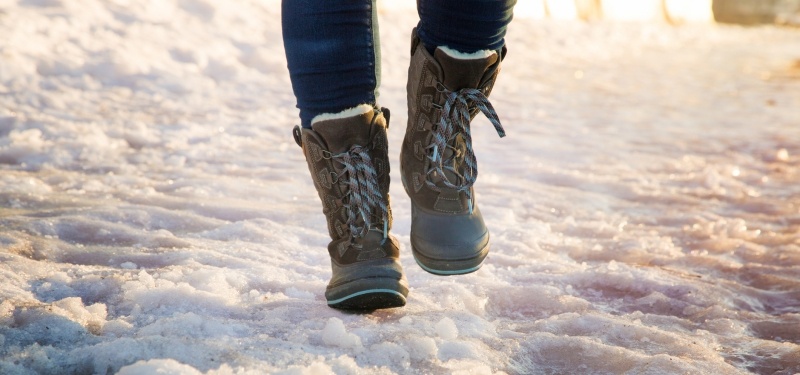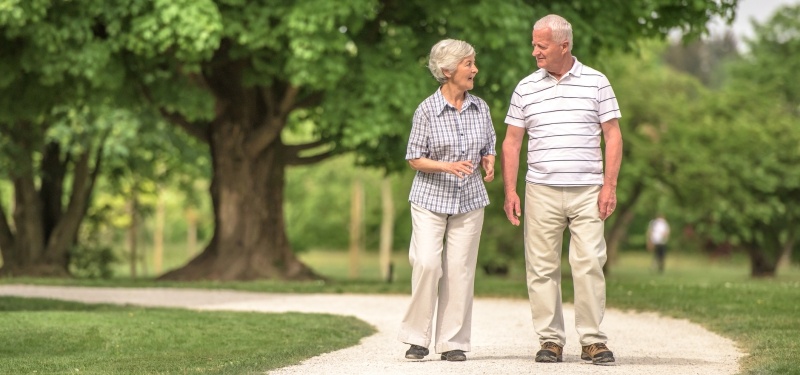Long ago and far away nursing centers provided care for frail, elderly patients. There were no IVs, TPN, Cpaps, peritoneal dialysis, active shooters or emergency evacuations. Our biggest threat back then was probably scabies! Those were the days where we “hunkered down”, took what hits us, brushed ourselves off and moved on. Today we are much more enlightened and we should all be thankful for that!
DHS Announces Funding Opportunity For Fiscal Year (FY) 2017 Preparedness Grants
Topics: Risk Management, Administration, News, Health Information Technology
CMS Issues Proposed Revision Requirements for Long-Term Care Facilities' Arbitration Agreements
Topics: Risk Management, Quality Assurance, Administration, Incident Reporting, News, Health Information Technology
As we continue to soldier through the process of preventing unnecessary re-hospitalizations and nosocomial infections, AHCA/NCAL has partnered with Brown University’s Center for Gerontology to involve members in a proposed study that seeks to evaluate if enhanced environmental cleaning will reduce the rate of infection among patients in skilled nursing centers and ultimately reduce hospitalizations.
Topics: Risk Management, Quality Assurance, Patient Care, Health Information Technology
The National Pressure Ulcer Advisory Panel (NPUAP) in collaboration with Creighton University Health Sciences Continuing Education, recently hosted a webinar on Considerations for Bariatric Patients in Pressure Injuries and Wound Care. This program focused on the “how” and “why” we do what we do when caring for residents with a diagnosis of obesity as their needs often differ.
Topics: Risk Management, Patient Care
Topics: Risk Management, Patient Care, News
Preventing Visitor and Staff Falls at Your Senior Living Community
Winter weather can impact all aspects of our operations, from staff call-ins, to power outages, delayed food and service deliveries, and more. But what about falls? I’m not referring to resident falls, because hopefully when there is inclement weather you aren’t allowing your residents to be outdoors! I am referring to staff and visitor falls. This may shock you, but visitors and staff assume that your parking lot and walkways are going to be safe when they visit a loved one or punch in for their shift.
There's an old adage that “the first dog bite is free,” but the first fall is far from free! Visitor falls are a general liability issue and can be very costly—especially if there's a significant injury.
Topics: Risk Management
The Hidden Culprit of Resident Falls: Multitasking
Here's some exciting news in our pursuit to identify the root cause of falls! A recent article published in Managed Health Care Connect identifies that people whose brains work the hardest when they try to walk and talk at the same time may have a higher risk of falling in the future than seniors who can do both of these with ease! To our knowledge, this is the first study to link brain activity changes that PRECEDE behavioral changes to risk of falls, per researcher Dr. Verghese.
Topics: Risk Management, Patient Care
How to Manage Your Reports without Losing Your Mind
I don’t know about you but I don’t like small appliances that only do one task. Don’t buy me an appliance if it isn’t multi-functional or I'll return it! So why should reports be any different?
As with anything in life, there is good news and bad news about reports. First, the bad news. We have more reports that tell us more about our centers than we sometimes care to know. CASPER, PB&J, Quality Measures, 5-star, wound logs, fall logs, pharmacy, 24 hour, RUGs/PPS/MDS, weight loss, rehospitalizations, infection control...the list just goes on and on!
Topics: Risk Management, Quality Assurance, Administration, Incident Reporting
Reducing the Risk of Claims when Falls Occur
Falls, falls, falls. Definitely risky business right? But why, since most residents who fall in our centers are the ones who fell in the community and at home, before coming to our communities? It's no surprise that if a fall occurred before admission that falls will occur again. Understanding that we may not be able to prevent all falls or injuries, how do we manage family expectations?
Topics: Risk Management










